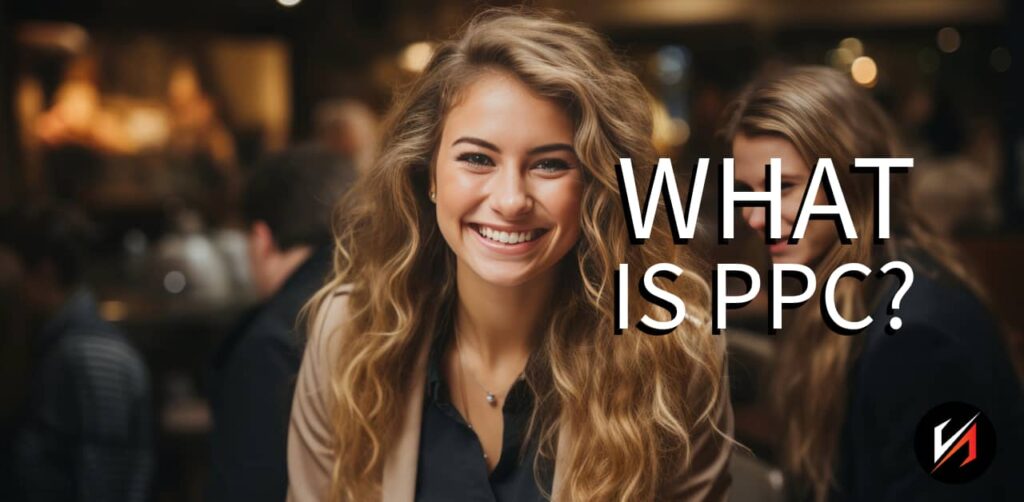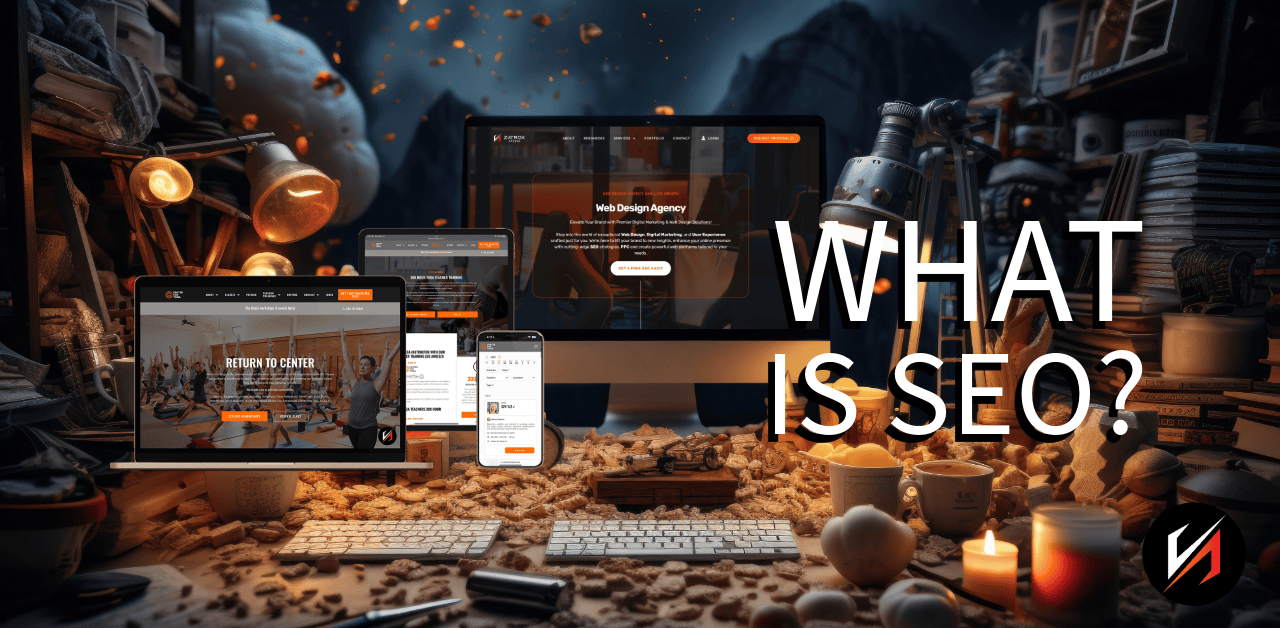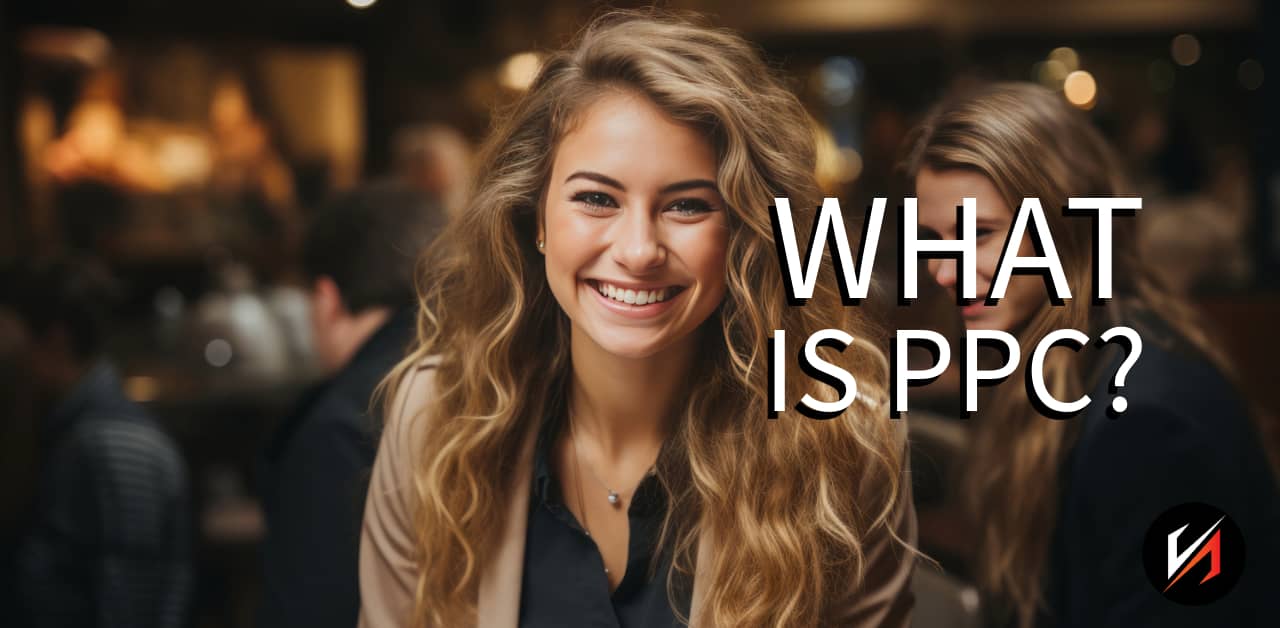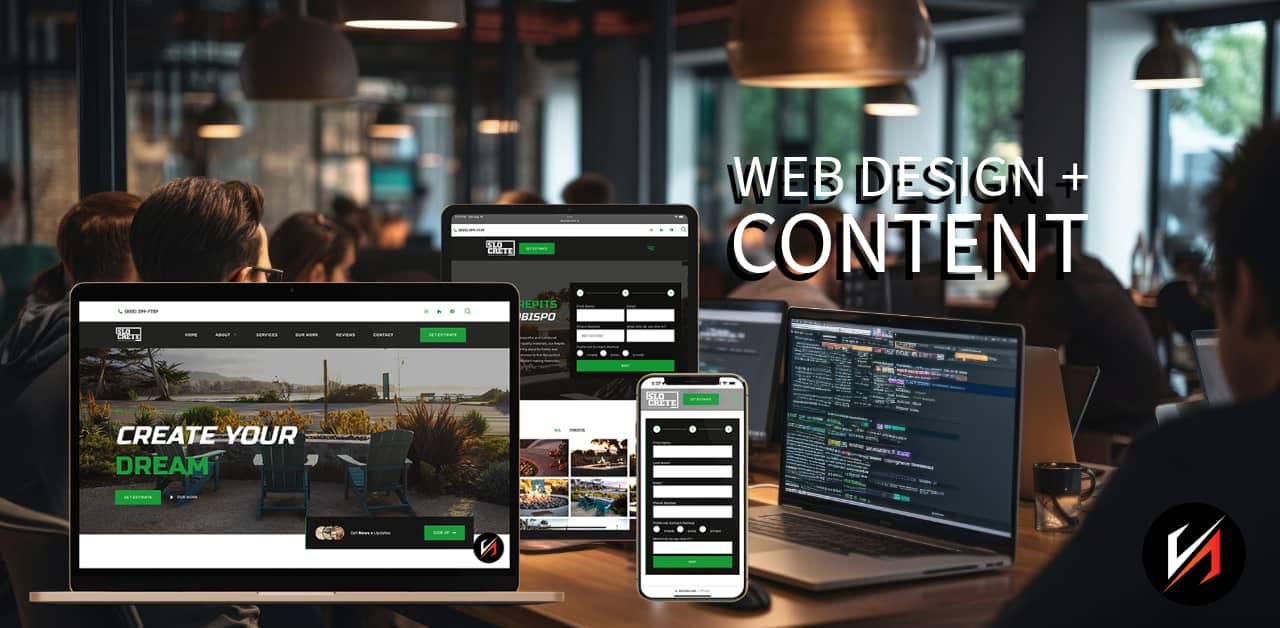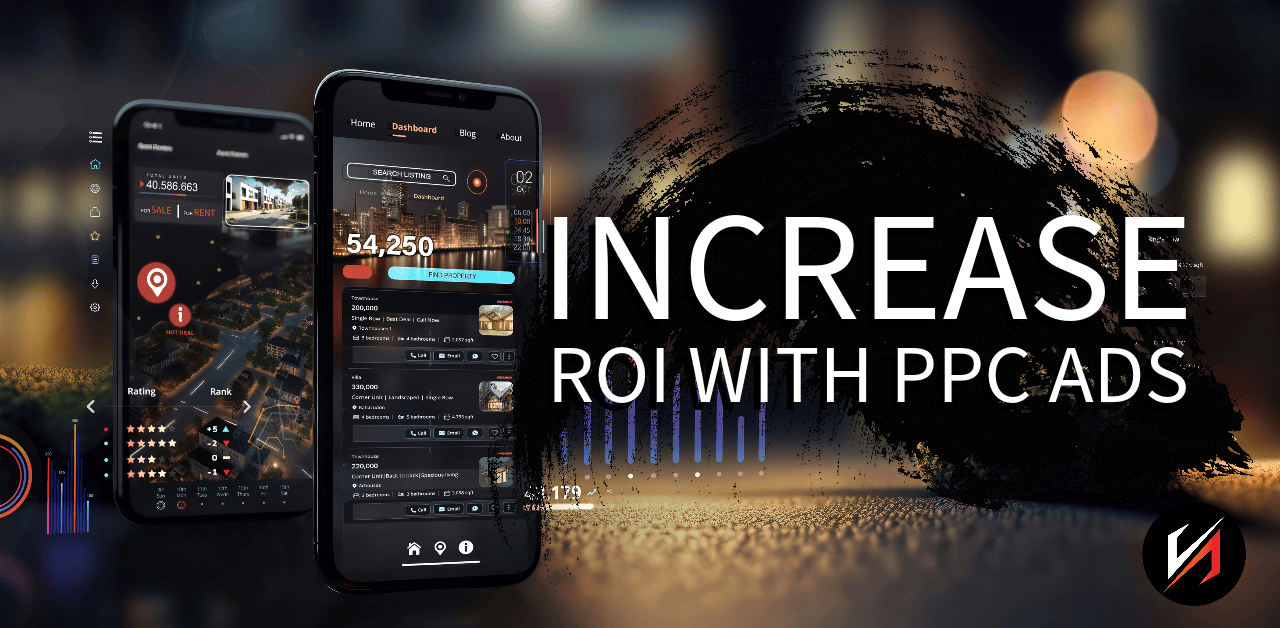Beyond Bidding: Innovative Approaches to PPC Marketing
Introduction to PPC Marketing
PPC stands for Pay-Per-Click, a model of internet marketing in which advertisers pay a fee each time one of their ads is clicked. Essentially, it’s a way of buying visits to your site, rather than attempting to “earn” those visits organically. This method includes various forms, such as search engine advertising, display advertising, and social media advertising.
Beyond Bidding – Innovative Approaches to PPC Marketing
In the dynamic digital marketplace, Pay-Per-Click (PPC) advertising is not just a marketing strategy but a crucial lever for business growth and visibility. PPC’s direct model—where advertisers pay each time an ad is clicked—offers a unique opportunity for businesses to control costs while maximizing their outreach. This in-depth exploration delves into the multifaceted world of PPC, examining how diverse industries, from tech startups to global enterprises, can harness this powerful tool to drive success.
Benefits of PPC for Businesses
One of the most compelling advantages of PPC advertising is its capacity for quick market entry. Unlike organic search strategies, which can take months to yield visible results, PPC campaigns can be launched rapidly and start driving traffic to your website almost immediately. This quick setup is particularly beneficial for new businesses or those entering a competitive market late. With strategic keyword targeting and ad placement, even newcomers can position themselves prominently in search results alongside established competitors.
- Rapid Testing and Iteration: PPC’s immediate nature allows for quick feedback on what is or isn’t working, enabling businesses to tweak their ads on the fly.
- Mitigating the Learning Curve: Tools like Google Ads provide extensive guidance and automated solutions that help streamline the campaign setup process, making it less daunting for beginners.
Results are Easy to Measure and Track:
PPC advertising stands out for its trackability and measurability, which are crucial for assessing the effectiveness of your marketing efforts. By using platforms like Google Ads coupled with analytics tools such as Google Analytics, advertisers can see detailed performance data including impressions, clicks, and conversions. This data is pivotal in understanding the customer journey from the initial ad click through to conversion.
- Granular Data Analysis: With PPC, every aspect of the campaign can be analyzed down to the finest detail. For instance, you can see which keywords are driving the most traffic and which demographics are the most responsive.
- ROI Focused: By tracking which ads and keywords drive conversions, businesses can directly correlate spending with revenue, making PPC a powerful tool for maximizing return on investment (ROI).
Works Well With Other Marketing Channels:
PPC’s flexibility and immediacy complement other marketing channels, particularly SEO (Search Engine Optimization). While SEO focuses on organic growth and building long-term visibility, PPC can fill in the gaps, offering visibility where SEO may take time to establish a presence.
- SEO Synergy: Using PPC alongside SEO can provide valuable keyword data and insights that can be fed back into SEO strategies. This dual approach not only increases total visibility but also helps in targeting a broader set of high-value keywords effectively.
- Content Marketing Enhancement: PPC can drive immediate traffic to specific content pieces, boosting their visibility and increasing the likelihood of engagement. This can be particularly effective for promoting new content or underperforming pages that offer valuable information but haven’t yet achieved organic ranking.
- Social Media Integration: When combined with social media advertising, PPC can enhance overall campaign coherence and increase touchpoints with potential customers, leading to higher conversion rates. PPC ads can retarget visitors who engaged with a brand on social media, thus reinforcing the message across platforms.
Deep Dive Into PPC Components
Advanced Keyword Research
Keyword research is not just about finding terms related to your business; it’s about precisely understanding the intent behind those searches to engage the most relevant audience. This process involves several sophisticated strategies that can significantly enhance the performance of your PPC campaigns:
- Use of Long-Tail Keywords: These are more specific phrases with lower competition and higher conversion rates because they capture users further down the buying funnel.
- Competitive Analysis: Leveraging competitive insights can help you identify lucrative keywords that are effective for your competitors, giving you an opportunity to optimize your own strategies.
- Seasonal Trends: Adjusting bids for seasonal keywords can drive traffic during peak seasons for your industry. Tools like Google Trends can help identify these crucial periods.
- Keyword Matching Options: Utilizing different keyword match types (broad, phrase, exact, and negative) allows you to fine-tune which searches trigger your ads, reducing wasted spend and increasing relevancy.
Ad Quality and Optimization
Crafting high-quality ads goes beyond basic text construction—it involves a deep understanding of target audience behavior and preferences. Here’s how businesses can create more compelling and high-converting ads:
- Dynamic Keyword Insertion (DKI): This advanced feature allows your ad text to automatically include any of the keywords in your campaign that match a user’s search terms, making your ads more relevant to each user.
- A/B Testing: Regularly testing different elements of your ads, such as headlines, descriptions, and display URLs, can dramatically improve click-through rates and conversions.
- Ad Extensions: Adding additional information through extensions (e.g., call buttons, location information, links to specific parts of your website, and structured snippets) can enhance your ad’s visibility and increase its appeal.
- Psychological Triggers: Utilizing emotional triggers in ad copy, such as urgency (e.g., limited-time offer), exclusivity (e.g., members-only promotion), or fear of missing out (FOMO), can drive higher engagement and conversions.
Landing Page Conversion Optimization
The final component in the PPC machinery is the landing page. Its design and content are critical in converting visitors into leads or customers. An effective landing page should align closely with the ad in terms of message, offer, and appearance:
- Message Match: Ensure that the messaging of your landing page closely matches the ad copy to keep the user’s experience seamless and reduce bounce rates.
- Page Load Speed: Optimize the landing page for fast loading times, as even a one-second delay can significantly decrease conversions.
- Visual Appeal and Usability: Employ clean, attractive design principles that highlight the call-to-action (CTA) and ensure the page is easy to navigate on both desktop and mobile devices.
- Continuous Optimization: Use tools like heatmaps, visitor recordings, and conversion rate analytics to understand user behavior on your landing pages and tweak elements based on real user data.
Through these expanded tactics and components, PPC campaigns can be tailored more effectively to meet the sophisticated demands of today’s digital marketplace. By focusing on deep keyword research, ad quality, and landing page optimization, businesses can not only improve their PPC performance but also achieve a higher return on their advertising spend.
Industry Specific Strategies
Effective PPC strategies are not one-size-fits-all; they must be carefully adapted to meet the unique demands and characteristics of each industry. Below, we explore how various sectors can leverage PPC to target their specific audiences and enhance their marketing outcomes:
E-commerce Businesses
For e-commerce platforms, PPC is a direct path to driving sales. These businesses can utilize shopping ads that showcase products directly in search results and on social media platforms, using high-quality images, current prices, and promotions to attract buyers who are ready to make a purchase. The ability to link directly to product checkout pages simplifies the customer journey, reducing friction and enhancing conversion rates.
Contractors and Local Businesses
Local service providers, such as contractors, plumbers, and local retail stores, can benefit significantly from localized PPC campaigns. By targeting specific geographic areas, these businesses can reach potential customers who are searching for immediate solutions. Localized ads can highlight availability, emergency services, and local reputation to capture the attention of the community effectively.
Tech Companies and Startups
Tech companies and startups often operate in markets characterized by rapid innovation and fierce competition. PPC campaigns for these businesses can focus on showcasing technological advancements, free trials, and customer testimonials. Ads can also highlight competitive differentiators, such as unique features, pricing models, or superior customer support.
Real Estate and Healthcare
Real estate agencies can use PPC to target potential homebuyers or renters with ads featuring new listings, open houses, and virtual tours. Healthcare providers can target individuals searching for specific medical services, wellness programs, or local clinics, providing them with timely ads that can guide them directly to booking appointments.
Legal, Engineering, and More
For sectors like legal and engineering services, PPC can be used to target clients needing specialized assistance. Legal firms can target ads based on specific legal issues, such as personal injury claims or family law, while engineering firms can highlight their expertise in particular projects or innovations.
Wineries and Hospitality
Wineries and businesses in the hospitality industry can utilize PPC to attract tourists and local patrons by promoting tasting events, seasonal specials, and exclusive packages. Targeting can be refined by interests and demographics likely to engage with luxury or leisure activities.
Educational Services and Institutions
Educational institutions and e-learning platforms can benefit from PPC by promoting courses, certifications, and training programs. Targeting can be based on career advancement opportunities, educational needs, or specific skills enhancement sought by professionals.
Non-Profit Organizations
Non-profits can use PPC to boost their visibility during fundraising campaigns, awareness drives, or community service promotions. Targeting strategies can include interest-based targeting to reach potential donors or volunteers who are most likely to engage with the cause.
Retail and Consumer Goods
Retail stores and consumer goods brands can use PPC to drive both online and in-store traffic. These campaigns can highlight promotions, new product launches, and in-store events. PPC can also be used to test market receptiveness to new products before a full-scale launch. By tailoring PPC strategies to the unique aspects of these industries, businesses can ensure that their advertising efforts are not only seen but are also effective in driving relevant traffic and conversions. This targeted approach enables companies across all sectors to maximize their marketing spend and achieve significant returns on their investment.
Advanced PPC Tactics
Smart Bidding
Smart bidding in PPC is a set of conversion-based bid strategies—such as Target CPA (Cost Per Acquisition), Target ROAS (Return on Ad Spend), Maximize Conversions, and Enhanced CPC (Cost Per Click)—that use advanced machine learning to automate bidding and maximize the value of your ad spend. This technology continuously learns from a wide array of signals including device, location, time of day, language, and operating system, optimizing bids in real-time and across channels to meet your marketing objectives.
- Predictive Bidding: By predicting the likelihood of conversion for each ad auction, smart bidding can make informed decisions on how much to bid to maximize results.
- Performance Across Multiple Campaigns: It can adjust bids to achieve overall business objectives across campaigns, rather than optimizing for a single campaign in isolation.
Integration with Digital Strategy
Effective PPC management goes beyond setting up campaigns by ensuring that they are integrated with the broader digital marketing strategy. This holistic approach amplifies the impact of PPC campaigns, creating a synergistic effect with other digital marketing activities.
- SEO and PPC Synergy: Use insights from PPC ad performance, such as keyword data and user engagement metrics, to inform and refine SEO strategies. This integration helps to cover all aspects of the search landscape, capturing both organic and paid traffic.
- Content Marketing Alignment: Drive traffic to key content pieces that align with your ad campaigns. This strategy can help enhance the user’s journey from the ad to your content, improving engagement and conversion rates.
- Social Media Convergence: Tailor PPC ads based on the engagement levels seen with social media content to increase relevance and conversion likelihood. Also, use retargeting ads to reconnect with users who engaged with your social media platforms.
Cross-Platform PPC Strategies
In today’s multi-device world, ensuring that your PPC campaigns are optimized for various platforms is crucial. This approach involves tailoring ads and adjusting bids based on the performance on each device and platform.
- Mobile Optimization: Since a significant portion of searches occurs on mobile devices, customize your PPC campaigns for mobile efficiency and effectiveness, from mobile-friendly ads to optimized mobile landing pages.
- Platform-Specific Advertising: Tailor your strategies for different platforms like Google Ads, Bing Ads, and social media platforms like Facebook and LinkedIn, recognizing that user behavior and effectiveness can vary significantly across platforms.
Audience Targeting Enhancements
Deepen your audience targeting strategies to reach more specific and potentially more profitable segments of your market.
- Use of Audience Segmentation: Segment your audience based on demographics, interests, behaviors, and more to tailor your campaigns more precisely.
- Remarketing and Retargeting: Engage users who have previously interacted with your website or shown interest in your products but did not convert. By using remarketing, you can increase conversion rates significantly by keeping your brand top-of-mind and enticing visitors back to complete a purchase.
By leveraging these advanced PPC tactics, businesses can not only enhance their campaign performance but also integrate their PPC efforts seamlessly into their broader digital marketing strategy, ensuring that all channels work together cohesively for maximum impact and return on investment.
The Role of ZatroX Studio in Shaping PPC Success
Navigating the complexities of PPC requires expertise and a strategic approach. ZatroX Studio offers efficient PPC management services that align with your business objectives, helping you navigate through the maze of paid search advertising with ease. Our focus extends beyond mere traffic generation; we aim to deliver conversions that drive real business growth.
Wrapping it up
PPC marketing stands as a beacon for businesses looking to enhance their online presence swiftly and efficiently. With strategic planning, detailed execution, and ongoing optimization, PPC can elevate your brand’s visibility and ensure that your advertising investments deliver tangible returns. Embrace the power of PPC and watch as your business scales new heights in the digital realm.
